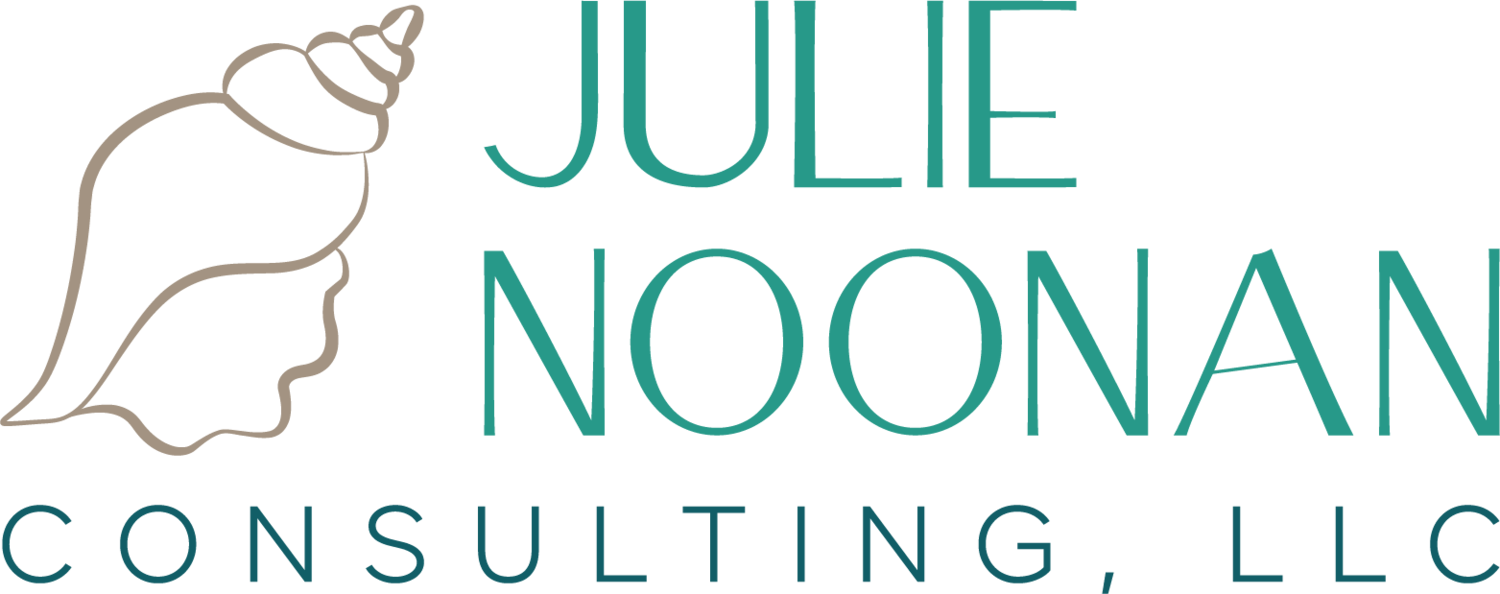Are you doing what you went to school for?
I was an English Literature major and even went to grad school, earning my Master of Arts in English Literature (18th Century British Romanticism to be specific - can you say Bridgerton???)
I struggled for a long time after I gave up my dream of earning a PhD and becoming a crusty old English professor to make some actual money. Yeah, teaching (training) in corporate America was fun and I really loved technology, but I missed the symbology, the deeper meanings, the emotion, the joie de vivre...
Then I discovered I regularly picked up on behaviors, patterns and "plots" that others simply missed... I noticed and could predict how the messy humans around me would react, behave, misbehave and maneuver.
I realized that English Literature (the study of human behavior in stories) prepared me to study human behavior in organizations/real life! There are several similarities between these two fields, which is why I love both:
Understanding human behavior: Both fields require a deep understanding of human behavior. In literature, characters and their motivations must be analyzed and understood in order to fully appreciate the text. Similarly, change management involves understanding how people will react to changes and what motivates them to embrace or resist these changes.
Communication skills: In both fields, effective communication is crucial. In literature, writers must use language and storytelling to effectively communicate their ideas and connect with their readers. In change management, effective communication is necessary to persuade people to embrace new ideas and changes.
Flexibility and adaptation: Both fields require flexibility and adaptation. In literature, authors must be able to adapt their writing style to suit the needs of the story and their audience. In change management, leaders must be able to adapt their approach to suit the needs of their team and the situation at hand.
Strategic thinking: Both fields require strategic thinking. In literature, writers must be able to think strategically about the plot, characters, and themes in order to create a compelling story. Similarly, in change management, leaders must be able to think strategically about how to implement changes and how they will impact the organization and its stakeholders.
Cool, right?
